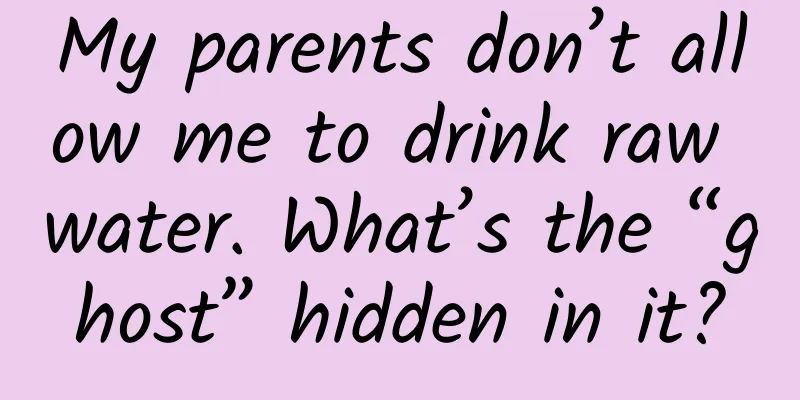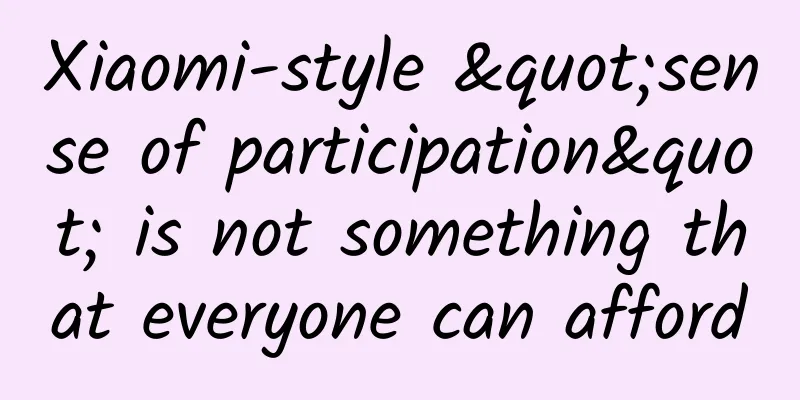Is less code cleaner?

|
In my eyes, clean code is simple and easy to understand code. Not over-designed, with as few template files as possible and clear semantics. So, does this mean that the less code, the cleaner it is?
I don't think so. Most of the time, less code tends to be more semantically ambiguous and harder to understand (and therefore harder to maintain). When I was working and testing meta filtering with jBehave, I wrote code similar to the following:
Obviously, the method is shorter and the code is less. For us, using such a class may allow us to see at a glance what changes have taken place in this method while we work. But what if there is a new person joining the project, and this guy has never used jBehave before? For him, a longer code can actually get more information, even if he doesn't know how jBehave works, what a "meta filter" is, and what minus means - but at least he can understand what we want to achieve. When I tried to explain my opinion, other developers agreed with me but said that the same effect can be achieved by adding comments. Yes, I totally agree, adding comments definitely works. It's just a matter of style. I personally don't like comments, but in this case, maybe comments are a better choice because we can use them to explain the connection between the meta filter code and the jBehave layer file. So, the code becomes this:
Of course you can say that such a small example is not worth mentioning. However, I think the style of a project is very important. You can also find a common style by discussing specific examples. Maybe other developers will consider whether his code will confuse new colleagues and add comments instead of shortening the method to one line of code. in conclusion Clean code doesn't always mean less code. So, you need to weigh the trade-offs between writing more small methods and reducing the number of lines of code. I will discuss coding style in another post later. Which solution do you prefer and why? Please leave your comments. |
<<: Microsoft and Touch Technology invest heavily in Windows Game Contest
>>: Moore: Moore's Law will be valid for another 10 years
Recommend
It's not a weird story, this photographer captured the real version of the "aquarium elephant"
The annual Wildlife Photographer of the Year comp...
These 5 foods that you thought would not make you fat are actually hidden "calorie bombs"
It's the season to show off your body again, ...
What is User Growth Marketing? How to do it?
Have you noticed that there are more and more ope...
Proving Einstein wrong again! Scientists verify the famous Bell test in superconducting circuits for the first time
In 2022, three physicists were awarded the Nobel ...
The secret of user “planting grass” in Xiaohongshu’s promotion method!
I believe that many of these cuties are “little r...
There are 4,500 tons of crumbling space junk hanging precariously above our heads. What is the probability that it will hit you or me?
On the afternoon of December 30, 2024, as people ...
Will QR codes be used up soon? Can genetic testing reveal your IQ? Which of these ten "scientific" rumors have you believed?
"QR codes will soon be used up", "...
Three companies compete: China Telecom is struggling, China Unicom is losing
China Unicom recently released its latest user da...
What would happen if the speed of light was slowed down 10,000 times? Photonic chips can tell you
Slowing down the speed of light: The new mystery ...
The brand marketing code of Xiaohongshu!
I have been dissecting Xiaohongshu accounts recen...
Intel mobile processors are back! The rebirth of x86 mobile phones
According to foreign media (PCWorld), although Int...
Facebook/YouTube Video Advertising Guide
In recent years, the growth of digital video adve...
500 million scrapped and 2 billion in stock, where do the old mobile phones go?
How many old cell phones do you have at home? Wit...
Secrets of lunar soil: Oxygen and fuel may be produced on the moon
Science and Technology Daily reporter Jin Feng A ...
With their strengths being absorbed by traditional car companies, how many cards do the new car-making forces have left to play?
At the press conferences of some traditional car ...









